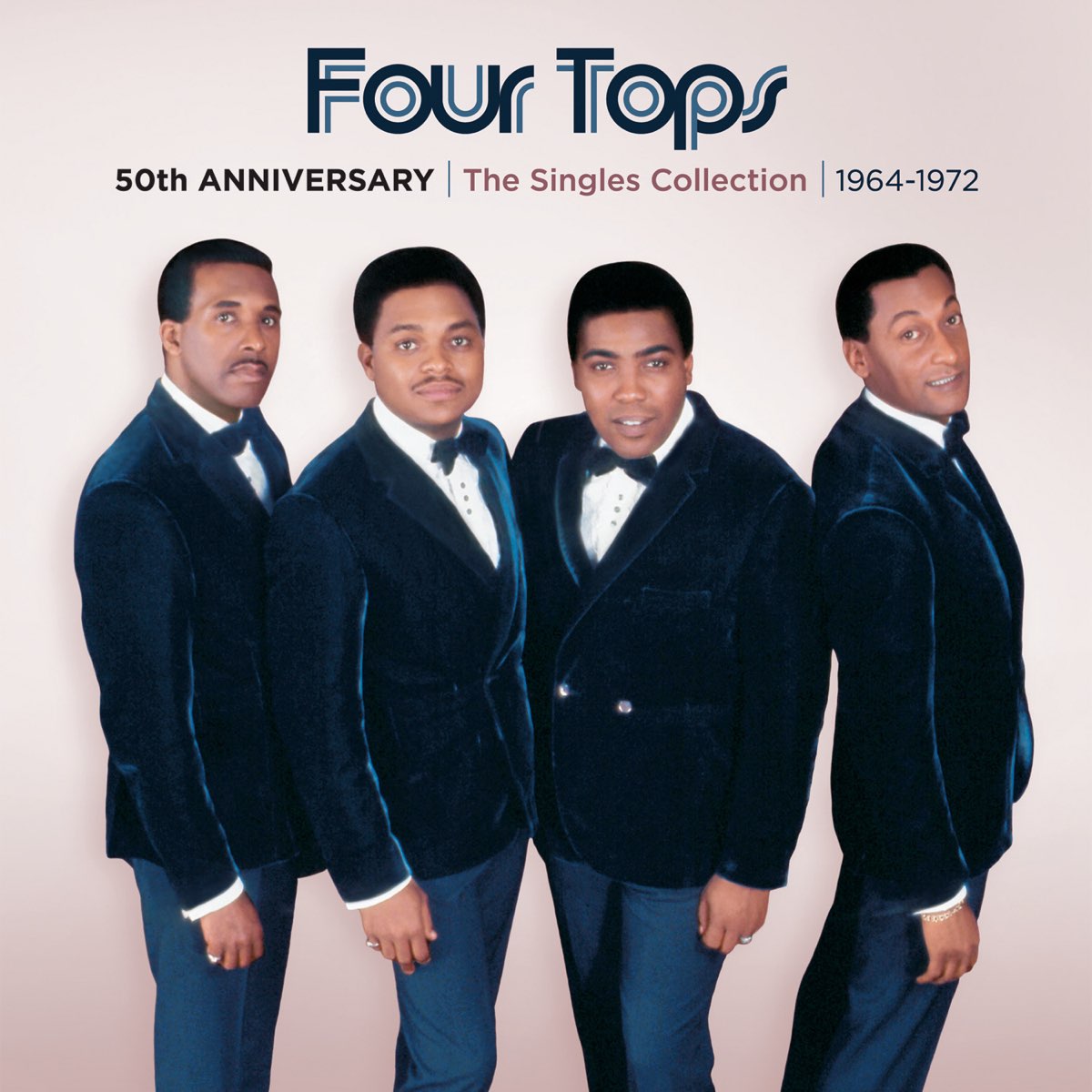
The Sweet Ache of Unrequited Love
When we reminisce about the golden era of Motown, few songs capture the essence and enduring charm quite like “I Can’t Help Myself (Sugar Pie, Honey Bunch)” by the legendary Four Tops. Released in 1965, this timeless classic quickly became a definitive anthem of love and longing, reaching the pinnacle of success as it soared to the number one spot on the Billboard Hot 100 chart. Its infectious melody and heartfelt lyrics have etched themselves into the hearts of listeners across generations, serving as a poignant reminder of the exquisite sweetness—and inevitable heartache—that accompanies unreciprocated affection.
The tale behind “I Can’t Help Myself” is as captivating as the song itself. It was penned by the legendary Motown songwriting team of Holland-Dozier-Holland, whose genius for crafting soul-stirring hits had already been proven with numerous chart-toppers. In this particular tune, they wove together a narrative of ardent yet unreturned love, encapsulating emotions that resonate with anyone who has ever found themselves helplessly enamored with someone seemingly out of reach.
The song opens with an irresistible hook, “Sugar pie, honey bunch,” immediately drawing listeners into its world of wistful yearning. The Four Tops’ lead singer, Levi Stubbs, delivers a powerhouse vocal performance that imbues every line with raw emotion and vulnerability. His voice quivers with longing as he confesses his inability to resist the magnetic pull of his beloved, despite knowing that his feelings may never be fully reciprocated. It’s this universal theme—of being caught in the throes of an unrequited love—that gives the song its enduring appeal.
Reflecting on the song’s success, it’s impossible not to consider its cultural and historical context. The mid-1960s was a period marked by significant social change and upheaval. Amidst these transformations, music served as both an escape and a unifying force. “I Can’t Help Myself” emerged as a beacon of emotional honesty during this time, offering solace to those grappling with their own romantic tribulations.
For many older adults today, hearing this song might evoke memories of youth—perhaps recalling a first crush or a summer romance long past. The nostalgia it inspires is powerful; it’s akin to flipping through an old photo album where each note conjures an image from days gone by. There’s something undeniably comforting about revisiting these moments through music—a gentle reminder that while times have changed, human emotions remain beautifully constant.
As for its place within the broader tapestry of Motown hits, “I Can’t Help Myself” stands out not only for its commercial success but also for its artistry. The track features lush orchestration typical of Motown productions: buoyant basslines, vibrant horn sections, and rhythmic percussion that collectively create an uplifting soundscape. Yet amid this musical exuberance lies a lyrical depth that speaks to profound truths about love’s complexities.
In retrospect, it’s clear why this song has endured as one of Motown’s most cherished classics. Its blend of catchy melody and heartfelt sentiment transcends generational divides—speaking equally to those who experienced it firsthand upon release and to younger audiences discovering it anew today.
Ultimately, “I Can’t Help Myself (Sugar Pie, Honey Bunch)” is more than just a song; it’s a testament to the enduring power of music to capture our deepest emotions. It invites us all—regardless of age—to reflect on our own experiences with love: its joys, its sorrows, and its capacity to connect us across time and space.
In closing, whether you find yourself tapping your foot along to its infectious beat or lost in introspection over its poignant lyrics, there’s no denying that this masterpiece by the Four Tops continues to hold a special place in our collective musical memory—a sweet reminder that even amidst life’s complexities, some things remain beautifully simple: like the ache of unrequited love set to melody.
